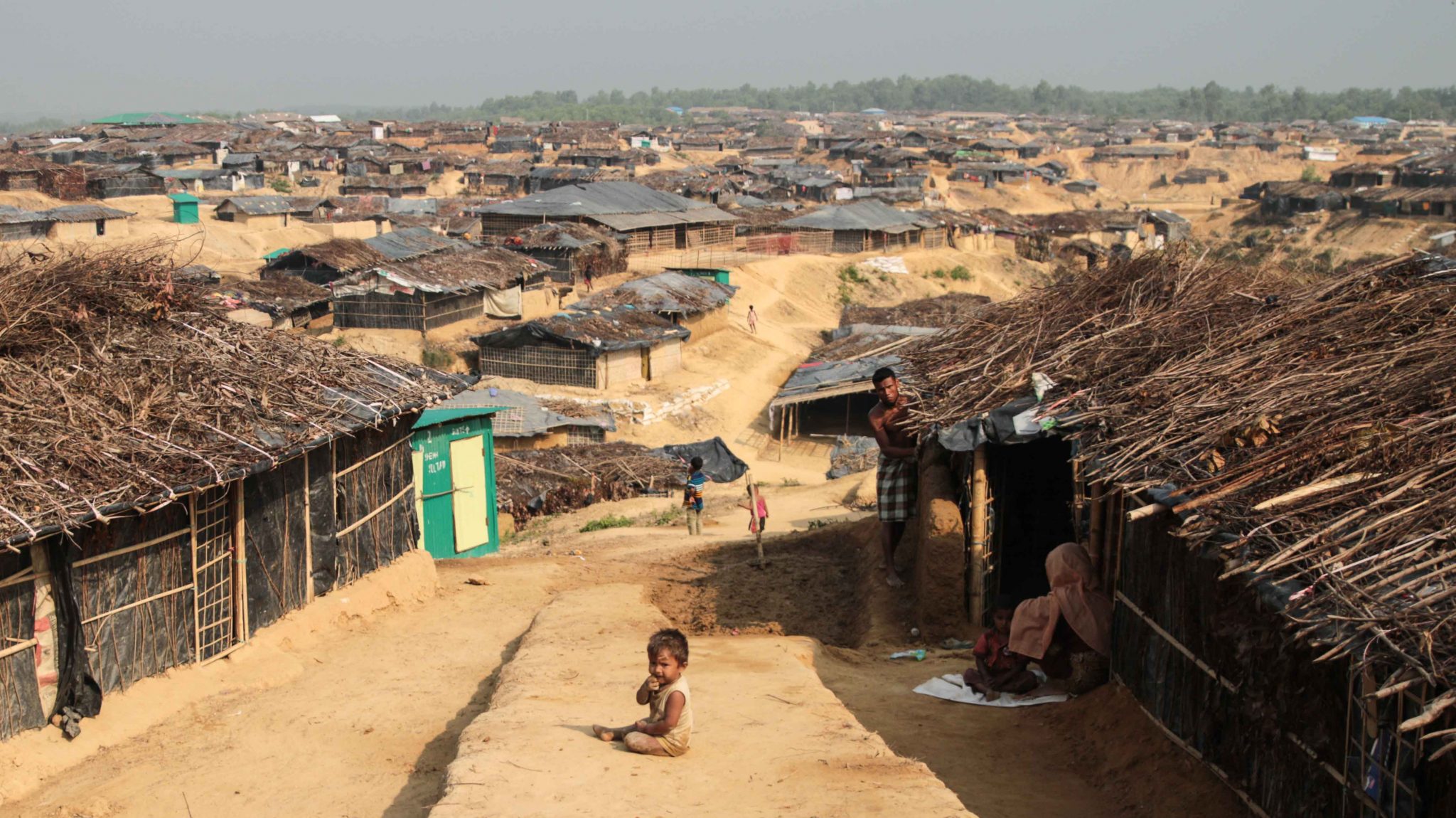Canadian Government Announces it Will Match Donations to Charities Helping Rohingya Refugees
The largest refugee camp in the world is currently found in Bangladesh, and houses hundreds of thousands of Rohingya refugees. The Rohingya people are an ethnic minority from Myanmar who have been forcibly displaced by violent persecution, forcing the arduous trek to Bangladesh. Many Rohingya refugees in Bangladesh suffer from physical and mental health problems. Unfortunately, this refugee camp is struggling to provide care because of inadequate resources.
Canada’s Minister of International Development, Marie-Claude Bibeau, recently announced that the federal government will match every donation that Canadians make or have made to charities helping the Rohingya refugee crisis between August 25 and November 28, 2017.
With the end of November fast approaching, Canadians are encouraged to make generous donations to help save the lives of the many Rohingya who do not have access to basic necessities and healthcare.
Understanding The Refugee Crisis
The Rohingya refugees and other minorities fleeing persecution in Myanmar now make up the largest refugee camp in the world. This camp, located in Bangladesh, currently has more than 900,000 Rohingya and other refugees, and more people keep arriving every day.
Women and children make up the majority of these refugees. This vulnerable population is in dire need of physical and mental healthcare, but doctors offering aid lack the resources and medical equipment needed to properly treat them. Despite their best efforts, these doctors struggle to access even basic healthcare equipment and resources.
When women are in distress during childbirth, they have a high risk of mortality due to inadequate healthcare resources. There are currently 120,000 pregnant women and young mothers living at the refugee camp in Bangladesh.
PTSD and Psychological Trauma
The camp is home to many orphaned children suffering from physical and mental health problems. A significant number of these cases stem from witnessing or experiencing atrocities and abuse. Most, if not all, refugees in the camp suffer from post-traumatic stress disorder (PTSD) because of the violence and hardship they have faced and witnessed.
The Canadian Red Cross is currently operating a mobile clinic and providing support to a field hospital that sees 250 patients per day. Earlier this year, the UN appealed for $434 million to respond to the crisis. Canada has committed $25 million to the Rohingya refugee crisis so far.
Encouraging Canadians To Help
Minister Bibeau is encouraging Canadians to donate generously to help the Rohingya refugee crisis. As mentioned previously, the federal government will match donations made to any Canadian charity helping the Rohingya refugees until November 28. Furthermore, the Government will match any donations previously made, dating back to August 25 of this year.
Some of the Canadian charities helping the Rohingya include:
- Canadian Lutheran World Relief,
- CARE Canada,
- Islamic Relief Canada,
- Oxfam Canada,
- Oxfam-Quebec,
- Plan Canada, and,
- Save the Children Canada.
Although the Rohingya have fled violence and persecution, they now face a lack of basic necessities and healthcare. Without the help of Canadians, the federal government, and nations around the world, the Rohingya will continue to suffer. Like all people, they also deserve a chance to live a healthy life, safe from violence and illness.
Share this article
Arghavan Gerami
Arghavan Gerami is the Founder and Senior Counsel at Gerami Law Professional Corporation ('PC'), a full-service immigration law firm in Ottawa, Ontario. Since 2011, Ms. Gerami has focused her practice on immigration and refugee litigation. Prior to that, Ms. Gerami worked at the Ministry of Attorney General and the Department of Justice and had the privilege of serving the Honourable Mr. Justice M. Evans at the Federal Court of Appeal on immigration and administrative law appeals. Ms. Gerami contributes to the Immigration Law Section of the Canadian Bar Association, the Canadian Association of Refugee Lawyers, and the United Nations High Commissioner for Refugees. Ms. Gerami has also published numerous journal articles and presented at various immigration and refugee law conferences and events across Canada.

